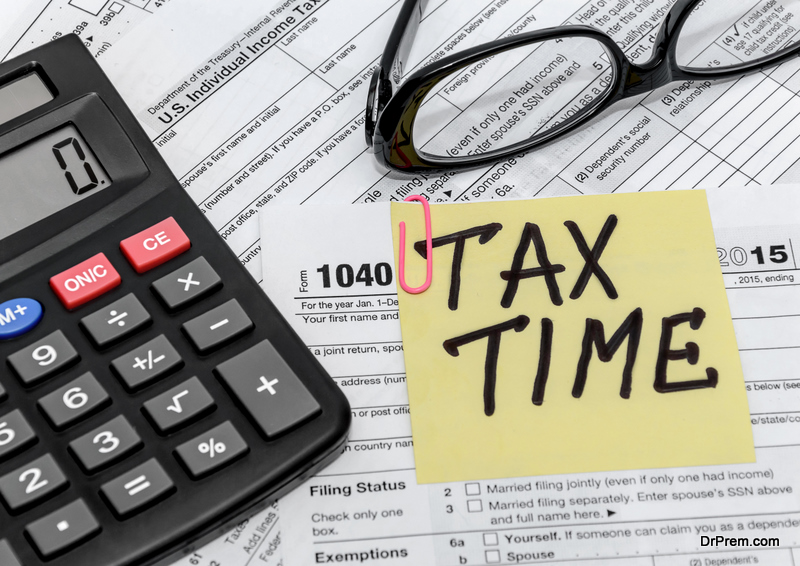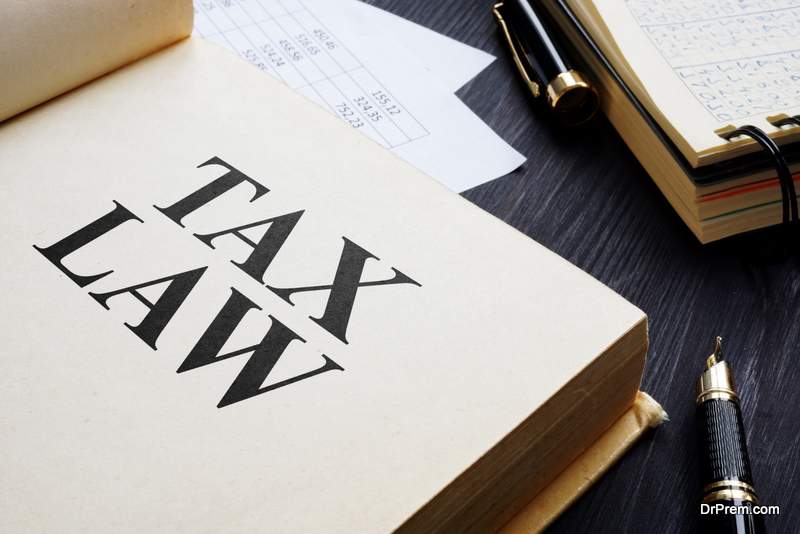Taxation law is so complicated that the Inland Revenue Service (IRS) has published articles and publications to help taxpayers fulfill their obligations to the government. Unfortunately, those documents are probably as difficult to understand as the legislation itself.
We hope that this article will help you identify the compliance mistakes people usually make so that you can steer clear of them.
First, it’s essential to note that you can view online any tax information you require so you can’t plead ignorance.
1. Filing Returns Late
 Many people procrastinate and wait until the last minute to submit their forms. Most of them end up missing the deadline and incurring avoidable penalties.
Many people procrastinate and wait until the last minute to submit their forms. Most of them end up missing the deadline and incurring avoidable penalties.
If you think you’re not able to meet the due date, you can file for an extension. Please note that you’re still required to pay any owed taxes on time, even if you can delay the submission. The IRS will charge you interest if you fail to make prompt payments.
Always send your documents by certified mail and request a registered receipt if you’re using the postal service.
2. Non-Compliance
Failing to file your return can get you into serious trouble. You’ll have to pay fines and could face tax evasion charges. If you’re convicted, you might end up in prison.
Contact the Inland Revenue Service if you have difficulty complying with the law for any reason.
3. Providing Incomplete Information
 A common mistake taxpayers make is filling in the return and missing out on details. You can avoid these errors by downloading your previous form instead of manually keying in the standard data.
A common mistake taxpayers make is filling in the return and missing out on details. You can avoid these errors by downloading your previous form instead of manually keying in the standard data.
4. Wrong Filing Status
Different tax rates and deductions apply depending on which category you classify yourself. If you’re single, it’s a straightforward choice. However, it’s more complicated if you’re married, have children, or are a single parent or caretaker.
A couple, for instance, can file jointly or separately. There are many factors to consider before you can arrive at the optimal choice, so make sure you find out what they are.
5. Not Keeping Records
 To qualify for deductions, you’ll need to provide proof of the transaction. Without receipts, bills, and other relevant documents, the IRS may disallow your claim.
To qualify for deductions, you’ll need to provide proof of the transaction. Without receipts, bills, and other relevant documents, the IRS may disallow your claim.
6. Failing to Pay Estimated Taxes
A frequent and expensive slip-up people make is not paying an approximate tax amount before the filing deadline. If you don’t know how to compute this sum, check the IRS guidelines.
You’ll save money on penalties if you do this timely and correctly.
7. Not Declaring Income
You must report all your earnings during tax time. It’s not a good idea to only submit your wages and skip some small income from other sources.
The IRS also receives every statement of payment made to you, so there’s a big chance you’ll get caught eventually. The amount you’ll have to pay in fines for underpayment and overdue taxes and interest isn’t worth the risk.
8. Being Unaware of Deductions
Missing out on tax credits and reliefs that you’re entitled to can cost you money every year. As an individual taxpayer, you probably can’t afford to hire a professional to do your taxes, so you’ll have to find out what you can claim from the authorities.
You can use software to prepare your returns but make sure the Revenue Service approves it.
9. Claiming Outdated Write-Offs
Tax laws are not only complicated; they change very frequently. For instance, you can’t deduct entertainment expenses now, but meals during such events are tax-deductible.
You’ll have to keep abreast of all amendments so you don’t make the mistake of spending money on the assumption that you can later write off the expenses.
10. You Can Avoid Tax Oversights
We can’t say this often enough. Tax legislation is very complex, and many of the blunders taxpayers make are a result of not understanding the law. However, pleading ignorance will not help you. The onus is on you to ensure that you comply with the requirements.
The good news is that being aware of the mistakes we’ve listed should be a good starting point. We advise that you exercise due diligence on your taxation matters and do your homework. The safest option is to employ the services of a good CPA. It can be costly, but it’ll save you a lot of headaches and stress.
Article Submitted By Community Writer




